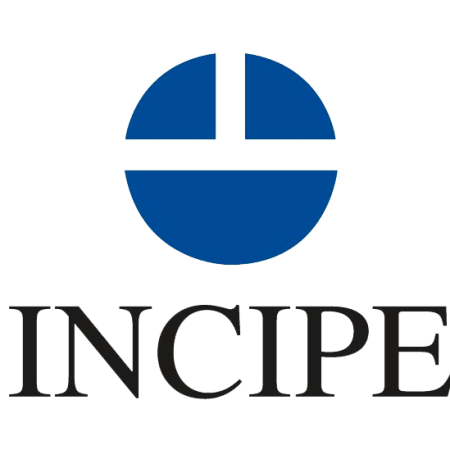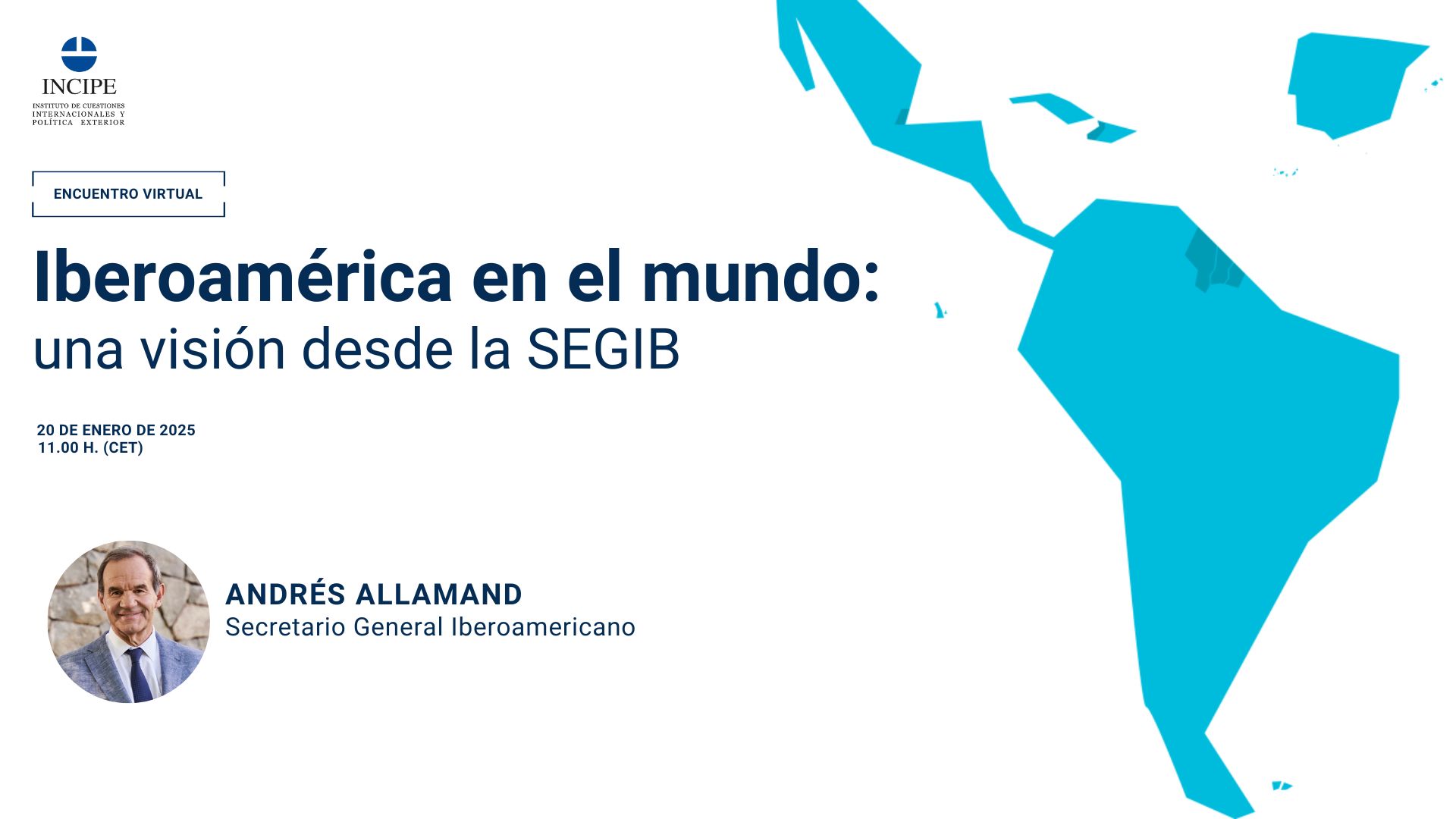The session was conducted in Spanish and brought together an audience interested in understanding Ibero-America’s role in the global landscape. To this end, we had the participation of Andrés Allamand, Secretary General of the Ibero-American General Secretariat (SEGIB) since 2022.
Andrés Allamand began his remarks by highlighting the growing geopolitical interest that Ibero-America is generating on the international stage. Among the factors positioning it as a strategic region, he mentioned its vast size in terms of population and land area, its contribution of 9% to the global GDP, 40% of the world’s biodiversity, its capacity as a leading global food producer, and its extensive reserves of strategic minerals, including lithium and rare earth elements.
These characteristics have drawn the attention of major powers such as China, the EU, Russia, and the United States, solidifying Ibero-America as a key player in the global landscape.
Likewise, the Ibero-American Community is organized around the Ibero-American General Secretariat (SEGIB), whose strong natural affinity among its member countries is based on shared history, culture, languages, and migratory movements. This connection has fostered a common heritage, principles, and approaches, shaping its identity around support for the UN Charter, multilateralism, peace, the defense of human rights, and democratic adherence, while also reinforcing commitments to sustainability, gender equality, and digitalization.
This process dates back more than three decades, to 1991, when twenty of the twenty-two current member countries gathered in Mexico, initiating a process of institutionalization based on this natural affinity and shared roots. It was built upon fundamental principles such as the horizontal nature of relationships, equality among members, consensus, and non-exclusion.
The Ibero-American Community is structured on two levels: political and operational. The political level is reflected in the biennial Summits of Heads of State and Government (the next one, in 2026, will be held in Spain), which serve as key spaces for coordination, dialogue, and the adoption of regional resolutions, supported by ministerial meetings and SEGIB. The operational level, on the other hand, consists of cooperation mechanisms and instruments based on «cooperation programs» and «Ibero-American networks» of national agencies, as well as gatherings that extend beyond governments to include business actors, local authorities, and civil society, thereby broadening its reach and depth.
Allamand highlighted the challenges facing Ibero-America in today’s volatile and evolving international context, marked by seven key dimensions: the crisis of the multilateral system, a multipolar world, the resurgence or persistence of armed conflicts, a global democratic backsliding, the questioning of globalization, and the worsening climate crisis.
However, the Ibero-American Secretary General stressed that these challenges also represent a unique opportunity for the Ibero-American Community to emerge as a relevant international actor in this context. To achieve this, it is crucial to move forward in several areas, beginning with greater political coordination and dialogue, as well as establishing common positions on global challenges such as climate change, the energy transition, and the reform of the international financial architecture. In the same vein, he emphasized the importance of cooperation in developing public policies, creating common regulatory frameworks—for example, regarding AI—and leveraging the many opportunities the region has to offer.
Thus, the Ibero-American Community must play a strategic role in fostering convergence with the European Union, as multiple advantages point to a strengthening of EU-Latin America relations through a threefold convergence: political, strategic (in complementary fields), and commercial/economic, with examples such as the EU’s agreements with Mercosur, Chile, and Mexico.
The session concluded with an engaging debate in which participants had the opportunity to ask questions about the topics discussed. This exchange underscored the importance of economic growth in Latin America, as well as the role of the private sector, as fundamental pillars for greater regional integration.
Sofía Gómez
Communication Assitant, INCIPE

